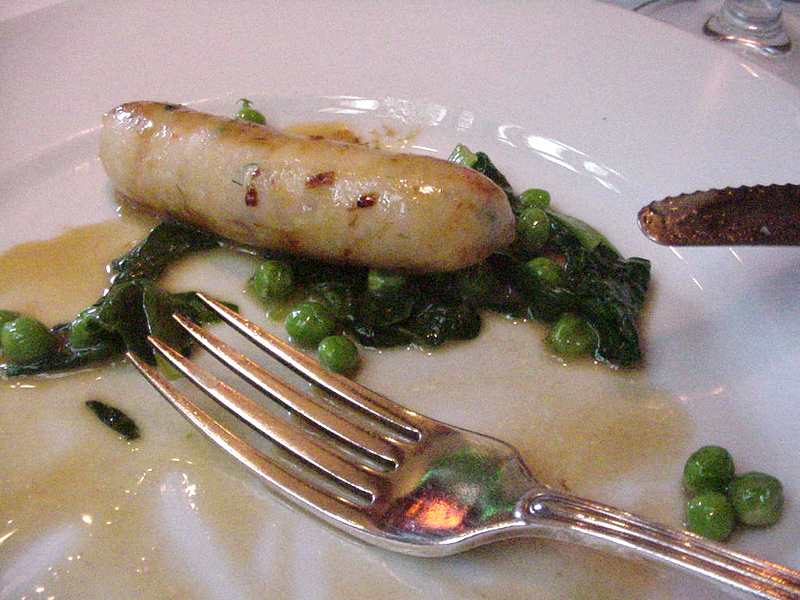 Then I got Mary pregnant
Then I got Mary pregnantand man that was all she wrote
And for my nineteenth birthday I got a union card and a wedding coat
We went down to the courthouse
and the judge put it all to rest
No wedding day smiles no walk down the aisle
No flowers no wedding dress
The River, Springsteen
Parts one and two of my discussion of class bias in law school hiring addressed the different perspective that economically disadvantaged people (e.d.p.'s) bring to the job and the ways more of this perspective would improve the service, teaching and research of the institution. This last installment is about finding those people. In a sense Jim Chen has made all of this easier. I am tempted simply to say: do everything he outlined in his latest piece, but first screen out all candidates who attended private schools or high-tuition state schools.
There is also another short cut way to describe it. Most law professors know how to find good e.d.p.'s – all it takes is acting counter-intuitively. It’s along the lines of "if it tastes good or feels good, it is probably not good for your health." In hiring, if you feel comfortable with and connected to the candidate, it’s probably bad for the School. That is what it is about, right? The School? Or is it about hanging out with similarly privileged buds?
There is some profiling to be done here, but it is okay here since the only groups affected are those who are economically advantaged or disadvantaged. I concede that screening out all private school and high tuition schools can mean losing some good candidates but, if you take a look at the numbers published in the latest issue of the Economist (September 23, 2006, p. 38), you are mainly passing up on beneficiaries of affirmative action for the privileged. Moreover, what we know is that the only things positively correlated with expensive credentials is the probability of landing a law school teaching job and the level at which one’s articles are placed. There appears to be no correlation between expensive credentials and the ability to carry on an interesting conversation about art, music, history or not to be hopelessly boring.
So narrow the universe to candidates who excelled at inexpensive (some State) law schools. Then narrow your scope to the top ten – not top 10% -- in the class. Now it gets tougher because some e.d.p.'s will try pass for privileged (pfp). With hard work you can “out” most of them. You want to eliminate anyone who traveled widely in the summer, spent any semesters abroad, and did not work at some menial job for, at least, some summers. The keepers are ones with crooked teeth and pock marks. For a woman, look for a skirt that is a bit too short, heels too high, or too much make up. (For men the make up is OK only on Elvis impersonators -- in fact, maybe a per se hire.) Gold jewelry on a man or a woman is a good sign. Any inkling of a mullet is a definite yes for a man as is a jacket with a double vented back or a tie that is too wide or too narrow.
You have narrowed the universe to e.d.p.'s. Some of those who have figured out how to pfp will also be eliminated. Not a big loss because they may also pfp in their service, teaching, and research.
Now proceed to the Chen questions and you’ve got it.
Finally, a word on race. Race is not per se indicative of economic disadvantage. That’s not to say there are not arguments for considering race for other reasons but in recent years, at least in my hiring experience, there is a tendency for law faculty to feel most comfortable with minorities from private or high priced schools who have professional level parents. These folks are indistinguishable from whites in terms of their sense of entitlement. Thus, even with minorities it is important to look beyond the surface.
2 comments:
I was curious about a double vented jacket being an indication of an e.d.p. I always thought that was more of a English type of coat more than anything else.
Nate I am probably the last person to ask. When I was a beginning law professor I did not know any of the dress rules. A well meaning person approached me and told me that double vents were not conservative enough. They were too stylish and law professors do not want to appear to stylish because they are, afterall, "intellectuals." That may have changed -- both things. If they were once intellectuals I do not think they are now and double vents may be fine.
Post a Comment